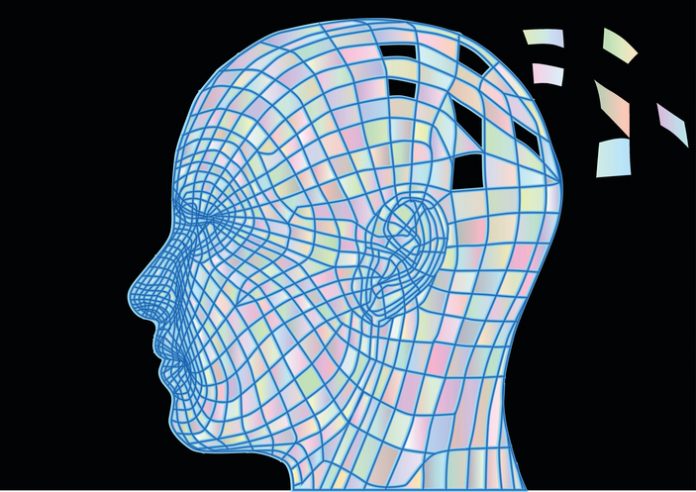
A new test, which combines the effects of more than two dozen genetic variants linked to a slight risk of Alzheimer's individually, is a better predictor than APOE E4 of which cognitively normal older adults will eventually develop Alzheimer's dementia, according to researchers from the University of California, San Francisco (UCSF).
The polygenic hazard score (PHS) provides risk estimates for the 85% to 90% of individuals who do not carry at least one copy of APOE E4 but still have some combination of other genetic variants that put them at risk of Alzheimer's, report the researchers.
“Beyond APOE E4 by itself, our PHS can identify cognitively normal and mildly impaired older folks who are at greatest risk for developing Alzheimer's-associated clinical decline over time,” said Chin Hong Tan, Ph.D., a postdoctoral scholar at the UCSF and first author of the paper (“Polygenic Hazard Scores in Preclinical Alzheimer Disease”) published in Annals of Neurology.
“Among 1,081 asymptomatic older adults, a recently validated polygenic hazard score (PHS) [based on five years of data obtained from the National Alzheimer's Coordinating Center] significantly predicted time to AD dementia and steeper longitudinal cognitive decline, even after controlling for APOE E4 carrier status,” write the investigators. “Beyond APOE, PHS may help identify asymptomatic individuals at highest risk for developing Alzheimer neurodegeneration.”
Autopsies of those who did develop Alzheimer's showed that, even among those who did not carry a copy of the APOE E4 variant, a higher PHS was associated with a higher level of amyloid plaque in the brain. These patients also showed steeper declines on cognitive tests during their lifetimes. Older individuals in the highest PHS percentiles also showed the highest incidence of Alzheimer's, which is diagnosed with cognitive tests and brain pathology, regardless of their APOE E4 status.
According to the researchers, it is now believed that instead of being a disease of aging, Alzheimer's may be indicative of a disease process that begins years, perhaps decades, before symptoms of dementia appear. Scientists cite this theory as a key reason why many Alzheimer's drugs tested on older people with dementia have failed in clinical trials. The new PHS could help in the search for ways to identify those at risk of Alzheimer's long before they show symptoms of dementia, so they can be treated before the disease begins ravaging their brains, the researchers point out.
“Our findings have strong implications for disease stratification and secondary prevention trials in Alzheimer's, as well as direct-to-consumer genetic tests, some of which have recently received FDA clearance,” said Anders Dale, Ph.D., professor of neurosciences and radiology at the University of California, San Diego and co-author of the new study.
Dr. Dale adds that the PHS test enables researchers to calculate an age-specific risk of developing Alzheimer's, based upon each person's share of 31 genetic variants, plus APOE E4.
Scientists from Massachusetts General Hospital, the University of Pennsylvania Perelman School of Medicine, and the University of Washington were also involved in the study.













